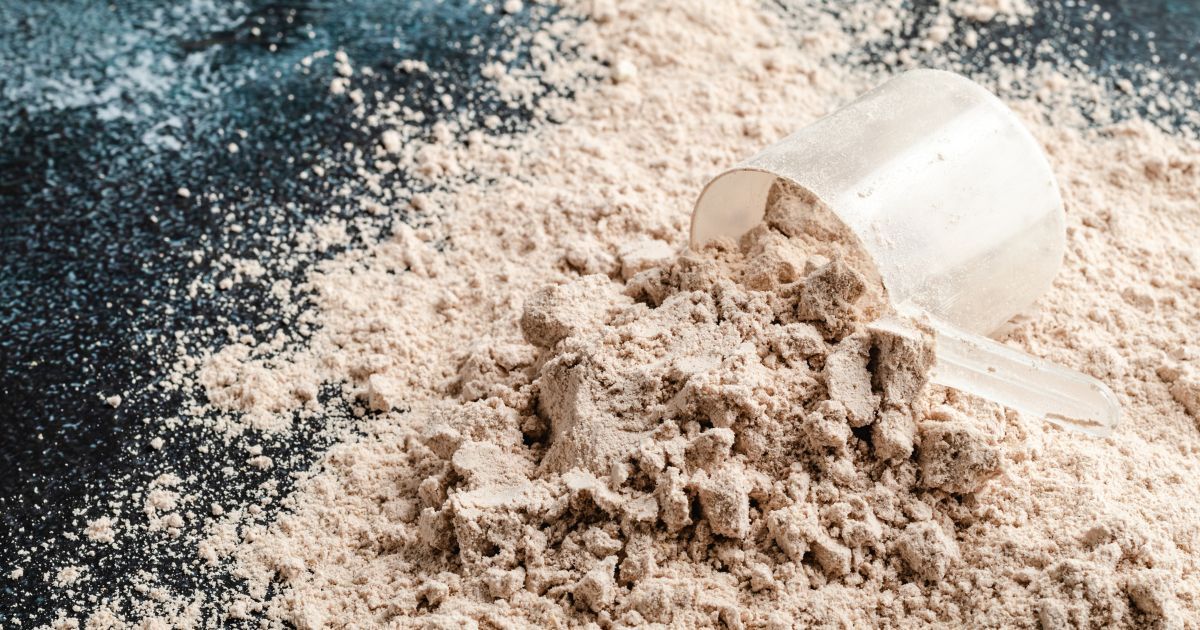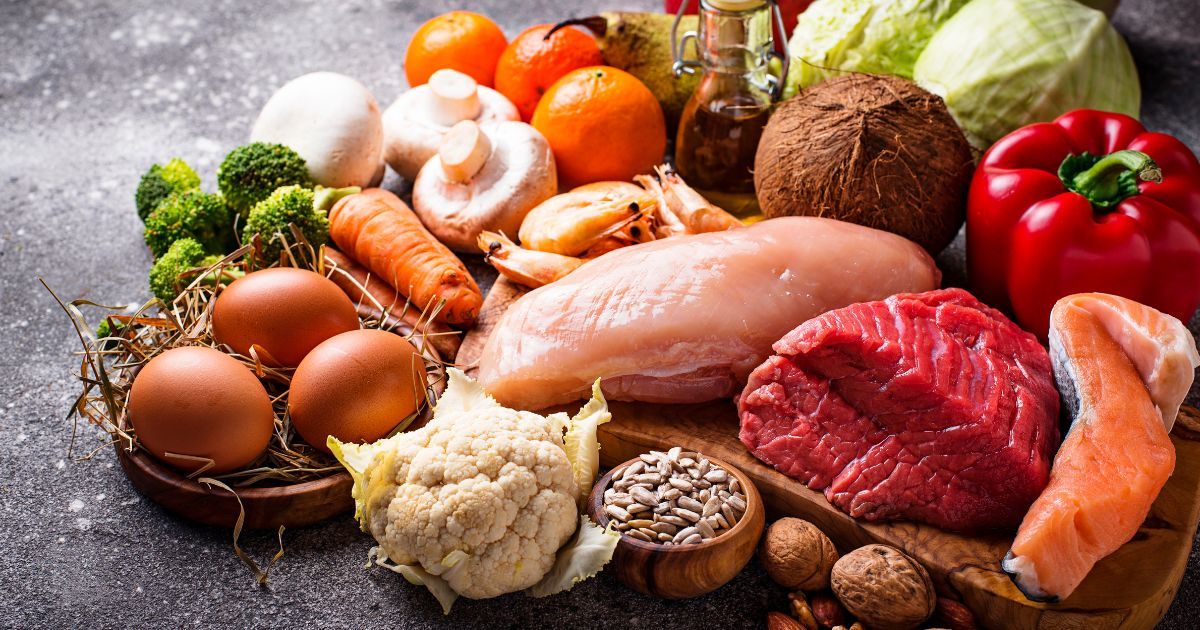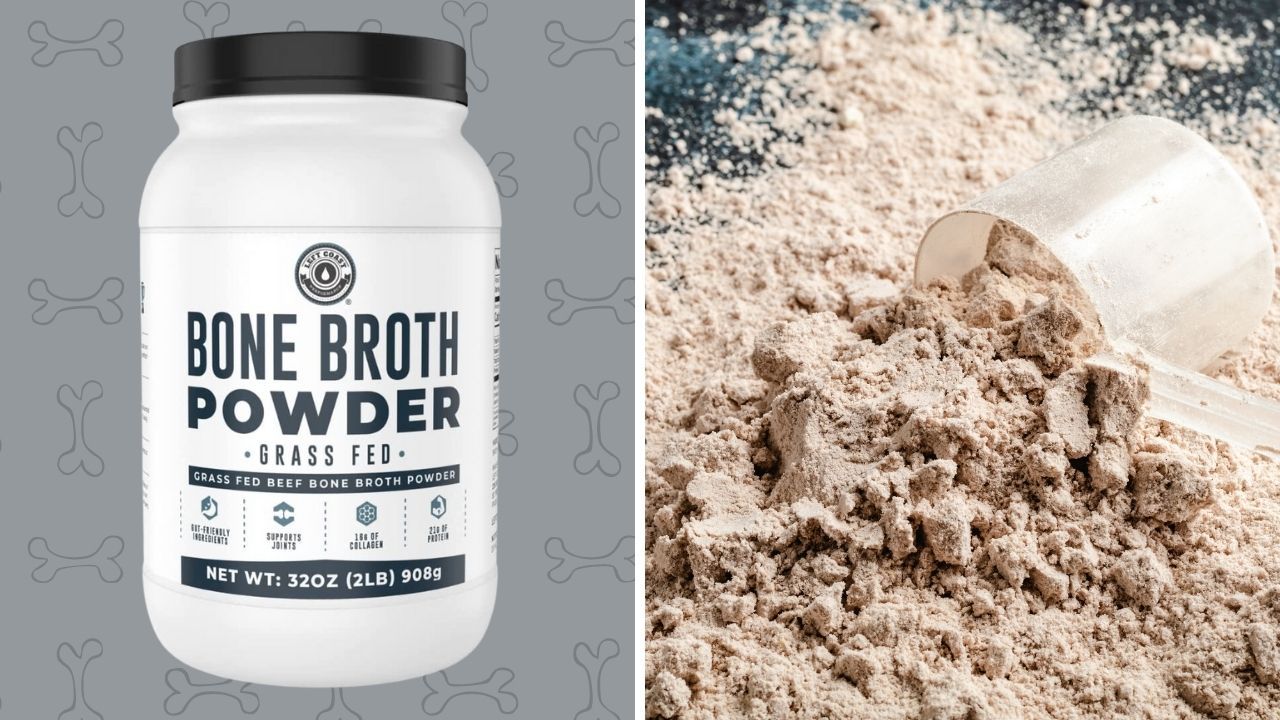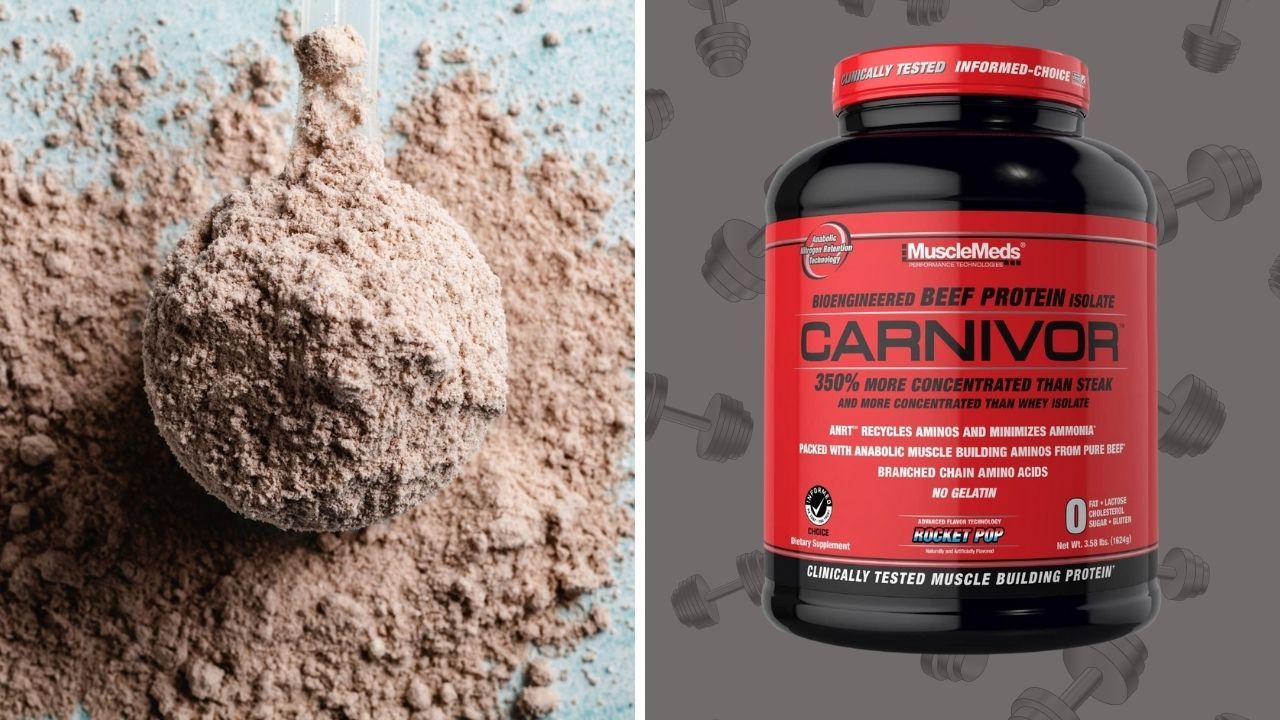
Is Protein Powder Paleo? The Answer May Surprise You!
Explore the Paleo diet and its relationship with protein powders. Is protein powder Paleo-friendly? Find out more!
Today, we're going to delve into the world of Paleo and protein powders. But before we get into that, let's take a brief tour of what the Paleo diet is all about.
That means lots of fruits, vegetables, meats, seafood, and nuts. It's all about returning to a simpler, more natural way of eating before the advent of modern agriculture and processed foods.
Protein plays a crucial role in this diet. It's not just for building muscles. Protein is a key component of every cell in the body.
- It's used to build and repair tissues, make enzymes and hormones, and much more.
- In the Paleo diet, you're likely to get your protein from whole food sources like lean meats, fish, and eggs.
But what about protein powders? You've probably seen them on the shelves of your local health food store, boasting high protein content and promising muscle growth and recovery.
Can these fit into the Paleo lifestyle? Let's find out.
Understanding Protein Powder
Protein powder is a popular dietary supplement. It's made by extracting protein from various sources like milk (whey and casein), plants (soy, peas, rice), and even beef.
These proteins are then processed into a powder that can be mixed with liquids to create a protein shake.
The question of whether protein powder is Paleo, however, isn't a simple yes or no.
Take whey protein, for example. Whey is a byproduct of cheese production, and while it's a complete protein source (meaning it contains all nine essential amino acids), it's also a dairy product. And dairy is a controversial topic in the Paleo community.
Some argue that it's not strictly Paleo since our ancestors didn't consume it, while others believe that certain dairy products, like ghee and grass-fed butter, can have a place in a Paleo diet.
Is Protein Powder Paleo?

Most protein powders, as we've mentioned, are not Paleo-friendly. They often contain non-Paleo ingredients like soy lecithin, artificial sweeteners, and dairy derivatives.
Plus, the heavy processing these powders undergo doesn't exactly scream 'natural'.
But not all protein powders are created equal. There are exceptions where protein powders can be Paleo-friendly.
- For example, some brands offer protein powders made from 100% grass-fed beef or egg whites, with no added sugars or artificial ingredients.
- These options could potentially fit within the Paleo framework, as they're sourced from approved Paleo foods and minimally processed.
In the end, whether or not to include protein powder in your Paleo diet is a personal decision. It largely depends on your individual dietary needs, lifestyle, and how strictly you want to adhere to the Paleo guidelines.
The Importance of Real Food in the Paleo Diet

While we've been discussing protein powders, it's important to remember that these are supplements, not replacements for real food. The heart of the Paleo diet is about consuming whole, unprocessed foods that provide a wealth of nutrients, not just protein.
So, where should you get your protein on the Paleo diet? Lean meats, poultry, fish, and eggs are excellent sources. If you're looking for plant-based options, nuts, and seeds can contribute to your protein intake.
Just remember, balance is key. A well-rounded Paleo diet includes a variety of foods to ensure you're getting a broad spectrum of nutrients.
Choosing a Paleo-Friendly Protein Powder
When it comes to choosing a Paleo-friendly protein powder, the key is to look for clean, minimal ingredients and to avoid any artificial additives. Let's take a closer look at some types of Paleo-approved protein powders and what to look for in each:
Egg White Protein Powder
Egg white protein powder is a great choice for those on a Paleo diet. It's made from dried egg whites and contains all the essential amino acids your body needs.
When choosing an egg white protein powder, look for one that's free from additives and sweeteners.
You'll also want to ensure it's sourced from cage-free or free-range eggs to align with the Paleo philosophy of consuming ethically raised animal products.
Pros:
- High in protein and contains all essential amino acids.
- Typically easy to digest and absorb.
- Good option for those who can't tolerate dairy-based proteins.
Cons:
- Some people may have allergies or sensitivities to eggs.
- The taste can be a bit bland or chalky compared to other protein powders.
Bone Broth Protein Powder
Bone broth protein powder is another excellent Paleo option. It's made by simmering animal bones and connective tissues, then dehydrating the resulting broth into a powder form.
This type of protein powder is not only rich in protein but also collagen and other beneficial nutrients. Look for bone broth protein powders that are sourced from grass-fed, pasture-raised animals, and free from added preservatives or flavorings.
Pros:
- Rich in protein and collagen, which supports skin, joint, and gut health.
- Contains other beneficial nutrients like calcium, magnesium, and potassium.
- Generally well tolerated by those with food sensitivities.
Cons:
- Can be more expensive than other types of protein powder.
- The flavor might not appeal to everyone.
Beef Isolate Protein Powder
Beef isolate protein powder is derived from lean beef muscle meat, making it a high-quality source of protein that's compatible with the Paleo diet.
When shopping for a beef protein isolate opt for one that's sourced from grass-fed, hormone-free beef. Ensure it doesn't contain any fillers, artificial colors, flavors, or sweeteners.
Pros:
- High-quality source of protein that's easily absorbed by the body.
- Often flavorless, making it versatile for adding to smoothies, shakes, or recipes.
Cons:
- Quality can vary greatly between brands, so it's important to choose a reputable product.
- Some might find the idea of beef-derived protein powder unappealing.
Collagen Protein Powder
Collagen protein powder is derived from the connective tissues and bones of animals. It's rich in amino acids that support skin, hair, nail, and joint health.
Pros:
- Excellent source of collagen, which can support skin elasticity and joint health.
- Usually tasteless and easily dissolves in liquids, making it easy to add to your diet.
Cons:
- Not a complete protein - it doesn't contain all essential amino acids.
- As with bone broth protein, quality can vary between brands, so choose carefully.
Remember, the goal of the Paleo diet is to eat whole, unprocessed foods. While protein powders can be used occasionally for convenience or to boost protein intake, they should not replace whole food sources of protein in your diet.
Always read labels carefully and choose the highest quality products that align with your health goals and dietary preferences.
Common Questions About Protein Powder and the Paleo Diet
Let's tackle some common questions you might have about protein powder and the Paleo diet:
Can you take protein powder on the Paleo diet?
Yes, but choose wisely. Look for protein powders without artificial additives and sourced from Paleo-approved ingredients. For example, there are beef protein powders, egg white protein powders, and bone broth protein powders.
Is protein powder inflammatory?
Some can be. For example, soy and dairy-based protein powders might cause inflammation in some people. Always listen to your body and choose products that support your health.
Can you have pea protein powder on Paleo?
Technically, peas are legumes, which are typically excluded from the Paleo diet. However, some people make exceptions for pea protein due to its high protein content and digestibility.
What is a Paleo protein shake?
It's a shake made with a Paleo-friendly protein powder (like beef or egg white protein) and other Paleo ingredients like almond milk, fruits, and/or vegetables.
Bottom Line
We've covered a lot of ground today! From understanding what protein powder is and its place in the Paleo diet, to emphasizing the importance of real food over supplements.
Remember, while some protein powders can fit into a Paleo lifestyle, they should never replace the nutrient-rich whole foods that form the basis of the diet.
If you choose to use a protein powder, opt for high-quality, Paleo-friendly versions without artificial additives. But above all, prioritize whole foods - that's the true essence of the Paleo diet.
Now, we'd love to hear from you. Have you tried any Paleo protein powders? What was your experience like? Share your thoughts in the comment section below.
And if you're interested in more Paleo diet tips and guides, don't forget to subscribe to our newsletter. We're here to help you navigate your Paleo journey with ease and confidence. Let's continue this adventure together!
Recommended For You...






